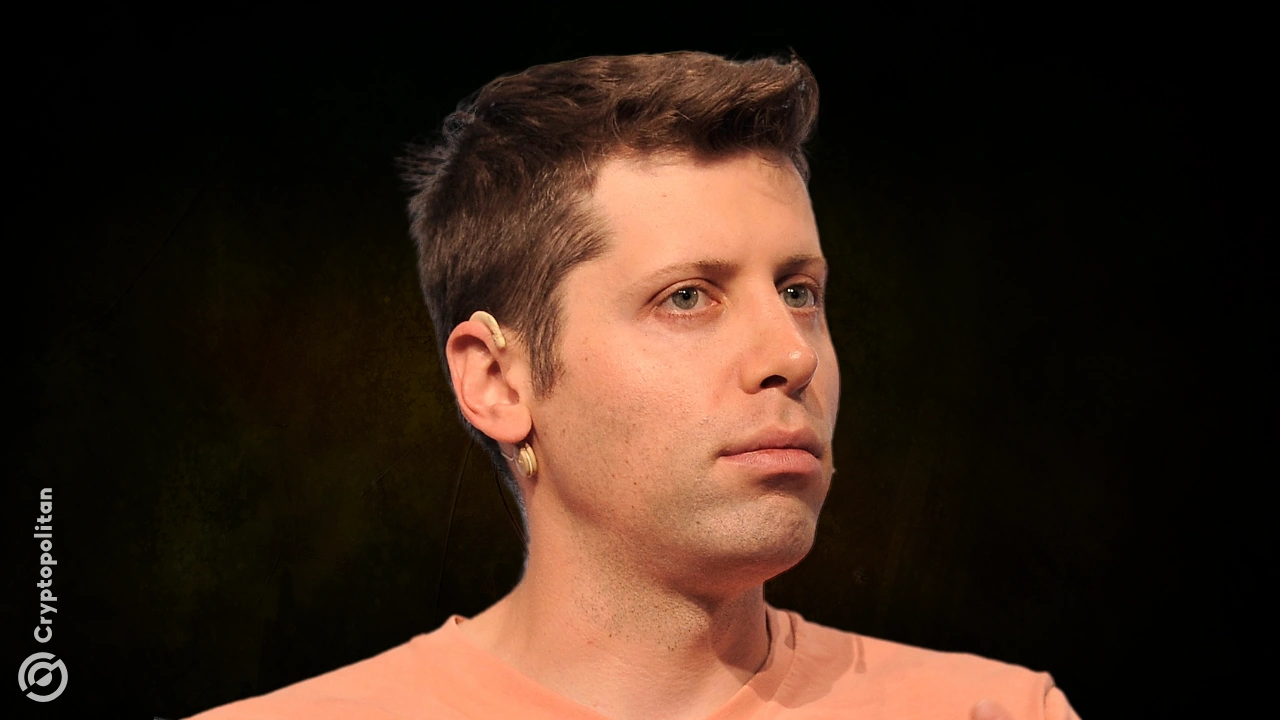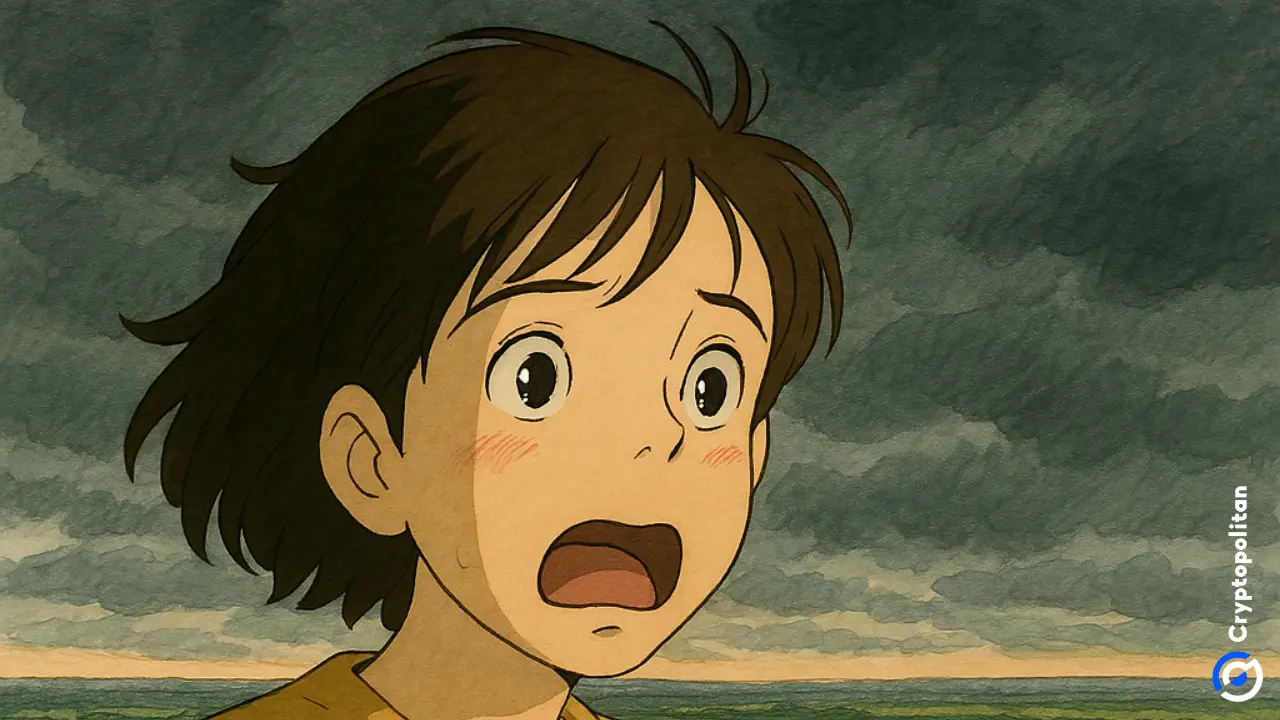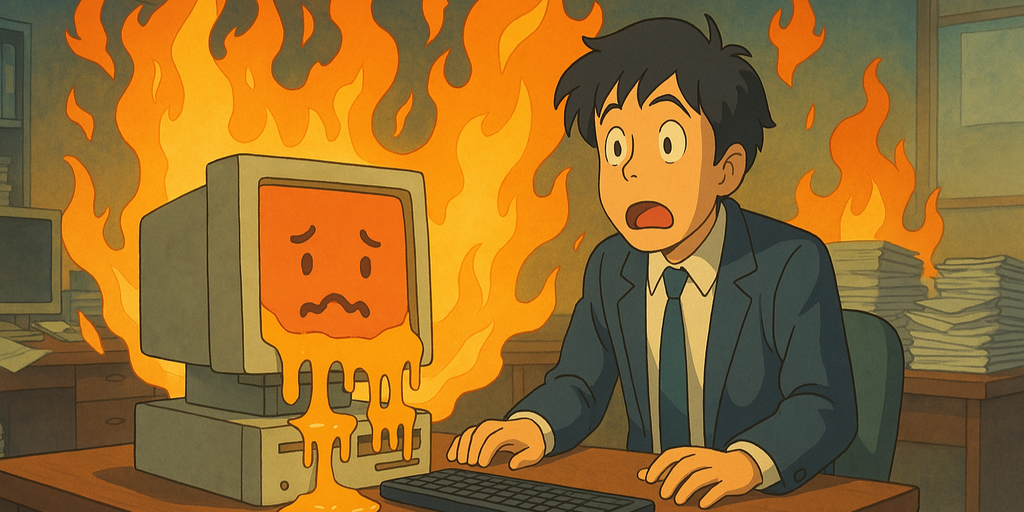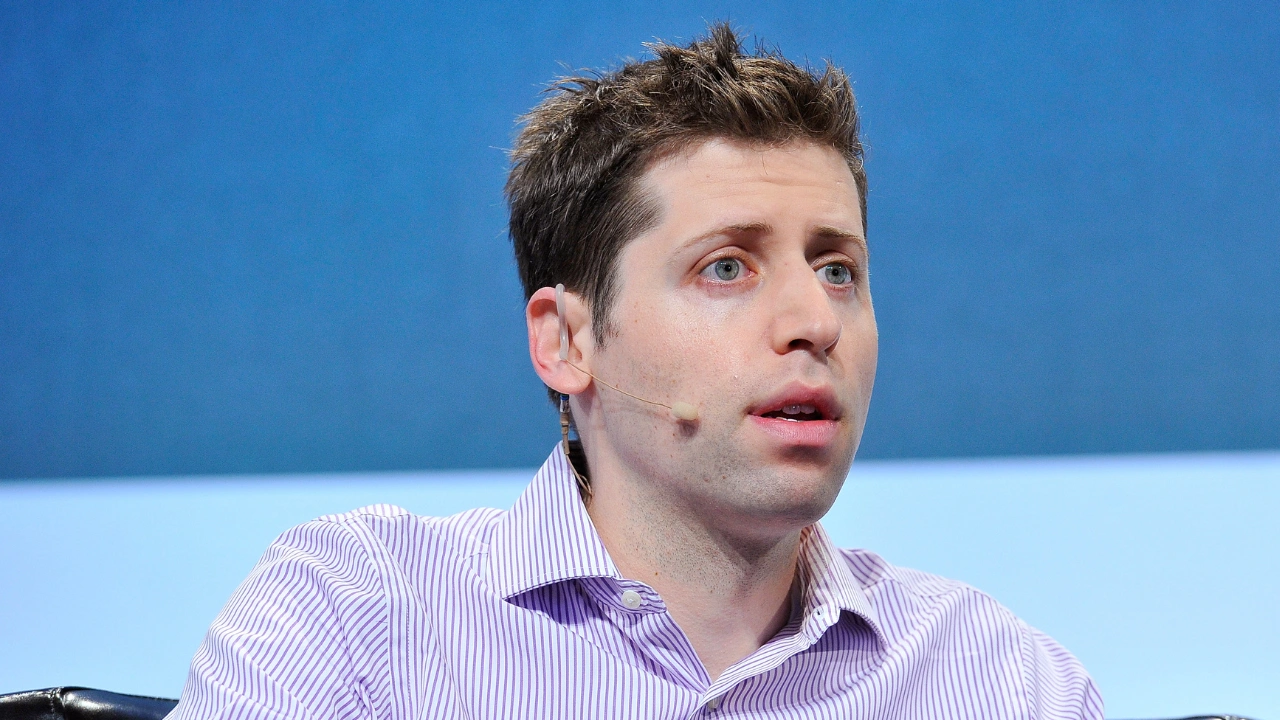A surge of Studio Ghibli-style images generated by ChatGPT has raised questions about the ethics of artificial intelligence and its use of copyrighted artwork.
Hayao Miyazaki, now 84, is famous for his hand-drawn films like Spirited Away, My Neighbor Totoro, and Kiki’s Delivery Service. He has previously spoken skeptically about AI in animation. Still, that did not stop a wave of enthusiasm online as people turned internet memes and personal snapshots into Ghibli-like scenes.
Among them was entrepreneur Janu Lingeswaran, who lives near Aachen, Germany. On Wednesday, he fed a picture of his 3-year-old ragdoll cat, Mali, into the new ChatGPT image generator. When the tool instantly produced an anime-style cat that resembled a feline from a Miyazaki film, Lingeswaran was thrilled.
“I really fell in love with the result,” he told APNews. “We’re thinking of printing it out and hanging it on the wall.”
However, the buzz around these “Ghiblified” photos also shed light on legal and economic concerns. ChatGPT maker OpenAI has been battling lawsuits over copyright issues linked to its flagship chatbot. Critics say the new image tool could be exploiting the creative labor of animators and other artists without proper permission or compensation.
It’s uncertain if OpenAI had official permission from Ghibli Studio
OpenAI, in a technical paper posted Tuesday, said it was taking a “conservative approach” in recreating specific artists’ aesthetics. “We added a refusal which triggers when a user attempts to generate an image in the style of a living artist,” the paper said. The company noted that it does allow broader studio styles, which it sees as acceptable “fan creations.”
Josh Weigensberg, a partner at Pryor Cashman, questioned whether OpenAI had consent from Miyazaki or Studio Ghibli to train its model on their iconic images. “That raises the question of, ‘Well, do they have a license or permission to do that training or not?’” he said.
Weigensberg explained that if there was a license for training, it could justify commercial or fan uses. If not, he warned, it might be “problematic.” He added that while “style” on its own is generally not copyrightable, many Ghibli images feature distinctive visual elements that might be protected.
He said one could take a screenshot of any frame from Howl’s Moving Castle or Spirited Away and point out specific elements. “Then look at the output of generative AI and see identical elements or substantially similar elements in that output.”
To see something so brilliant, as wonderful as Miyazaki’s work be butchered to generate something so foul.
God I hope Studio Ghibli sues the hell out of Open Ai for this. pic.twitter.com/VRUB5IB6F1
— Karla Ortiz (@kortizart) March 27, 2025
Meanwhile, artist Karla Ortiz, who grew up watching Miyazaki’s movies, is suing certain AI image generators for alleged copyright infringement. She criticized OpenAI for encouraging Ghibli-inspired creations without the blessing of the studio or artists. “That’s using Ghibli’s branding, their name, their work, their reputation, to promote (OpenAI) products,” Ortiz said. “It’s an insult. It’s exploitation.”
Ortiz’s frustration increased on Thursday when the White House’s official X account posted a Ghibli-style image of a weeping woman from the Dominican Republic who had been arrested by U.S. immigration agents.
Cryptopolitan Academy: Tired of market swings? Learn how DeFi can help you build steady passive income. Register Now
















No comments yet